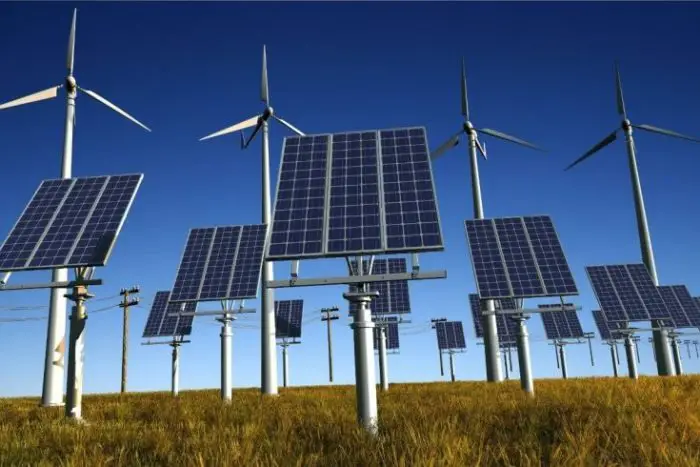The European Union (EU) is set to invest over US $40.1m into Zambia’s renewable energy sector. This is after the government of Zambia and the EU recently signed a US $40.1m grant aimed at enhancing access to renewable energy in the southern African country. The grant is under the Increased Access to Electricity and Renewable Energy Production Project which targets to electrify about 4 million people in rural areas.
According to Minister of Energy Mathew Nkhuwa the grant is a sign of the private sector’s confidence in government’s development agenda. “This project caters to the rural population as part of poverty reduction efforts. The government targets to have 91% in urban areas and 51% in rural areas by the year 2031,” he said.
EU Ambassador to Zambia Jacek Jankowski said massive investments in renewable energy is key to achieving the target of bringing electricity to rural areas. “The EU is convinced that rural electrification was vital for Zambia’s social and economic development,” he added.
Also Read: Enel and QIA sign JV to develop renewables in Sub-Saharan Africa
Renewable energy in Zambia
Renewable energy sources are abundant in Zambia. Small and large hydropower is the major contributor to the country’s electricity supply and will be further developed over the next decades, given its high technical potential. Furthermore, high solar irradiation values promise strong potential for the development of solar PV-based generation.
With declining technology costs, there is potential for expansion of solar PV, recently evidenced by the IFC’s Scaling Solar program and SIDA’s Beyond the Grid Fund. The country has an average 2,000-3,000 hours of sunshine per year. Average irradiation is 5.5 kWh/m2/day, with northern areas recording the highest global solar irradiation, of 2,300 kWh/m2/year.

Leave a Reply